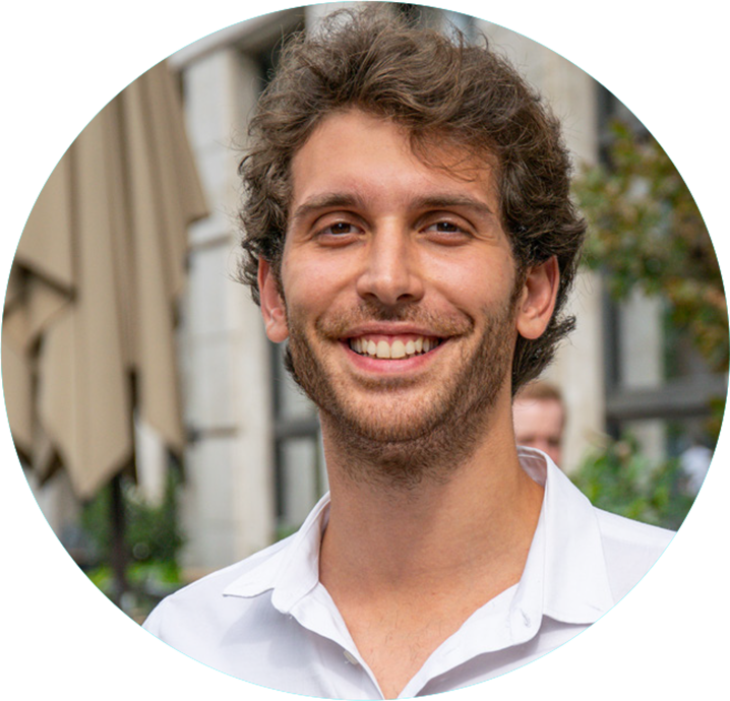Interview
Can Özkan - TU Delft

Where does your fascination about coatings come from? Why are you writing your dissertation in this field of research?
I find coatings and surface science in general very fascinating, as everything interesting happens on interfaces between two dissimilar materials!
I was excited to play a role in discovering the next generation of self-healing coatings, and the more I read, the more I appreciated the chemistry required to heal something without outside energy. On top of that, using machine learning to expose chemical laws is as cool as it gets.
What impact on the future can your work provide, and what are the biggest challenges?
Coatings based on hexavalent chromium have been the only viable option for protecting airplanes for a very long time. We are hopeful that our work will be the next step in decade’s long search for a chromate replacement.
It is very hard to find a high-performing, non-toxic corrosion inhibitor molecule and to further scale it up to actual coating systems where it interacts with a polymer matrix and other additives. This highly complex task requires experience in diverse fields, which luckily is provided by our eclectic VIPCOAT group: electrochemists, physical modelers, machine-learning researchers, ontologists, paint experts and aircraft developers, among others, come together to convert fundamental research into an actual product useful to society.
What makes your research institute special, and what do you particularly like about it?
Our materials science department at TUD and especially our research group Corrosion Technology and Electrochemistry is very horizontally organized, which is why you are treated as a colleague and as an independent researcher from the first day as a PhD candidate. This can make it overwhelming when you are just starting, but I love the autonomy and trust offered by the team, where you can explore almost any research avenue.
Which advice do you have for other young people who are interested in studying sciences? What experiences have you gained during your studies?
There is not only one way to go into science and not only one way to do it right, so if I could give one advice it would be: Explore many things to discover what you like and what you can do well.
Oh, and listen to people when they say you can do it, but be very, very skeptical when they say you cannot. For experiences, I had the luxury to work with many cutting-edge scientific devices; I participated in synchrotron experiments, handled liquid nitrogen and dangerous chemicals on a daily basis, and applied sophisticated artificial intelligence algorithms on my findings. However, I can surprisingly say the most important thing I learned was to collaborate with people.
What are your goals for the future as well as for VIPCOAT?
I want to explore industry for researcher and scientist positions, whether it is a large company or a start-up. I think I will take a break from doing the experiments myself; during my last count, I performed more than 500 measurements. I think, thanks to VIPCOAT I gained quite a unique set of knowledge and experiences, which I’m sure I can utilize in the research departments of many organizations, whether it’s related to coatings or not.
Photo: hereon/ Lisa Depenbrock